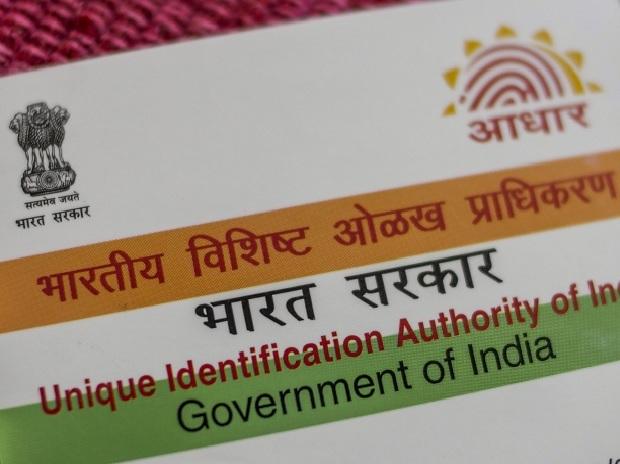If you did not link your Permanent Aadhaar Number (PAN) to Aadhaar by June 30, your PAN would have become inoperative by now. Some of the drawbacks of having an inoperative PAN include being unable to invest in bank fixed deposits and mutual fund schemes, as well as not being able to file income tax returns (ITR) or receive tax refunds.
Certain financial transactions can still be completed even if the PAN is no longer operative. These transactions, however, will result in a higher tax deduction at source (called TDS) and tax collection at source (called TCS).
“Section 206AA of the Income Tax Act, 1961, provides that in every transaction subjected to TDS, the tax deductor (payer of the income) would be liable to deduct tax at 20 per cent provided no PAN is furnished by the tax deductee, which may be also due to PAN of the deductee being inoperative”
“Similarly, Section 206CC provides for a higher TCS at twice the rate specified or 5 per cent (whichever is higher) in case of non-furnishing of PAN or furnishing of non-operative PAN. It is pertinent to note that the Budget 2023 has amended the Income Tax Act to provide that from July 1, 2023, the rate of TCS under Section 206CC shall not exceed 20 per cent even if the individual has not furnished PAN.”
Financial transactions that can be carried out even if the PAN is inoperative
1. Receiving interest income from bank fixed deposits or recurring deposits in excess of Rs 40,000 (Rs 50,000 for senior citizens) in a fiscal year (higher TDS).
2. Receiving dividends from firms and mutual funds exceeding Rs 5,000 in a fiscal year (higher TDS).
3. Selling immovable property if the sale or stamp duty value exceeds Rs 50 lakh per transaction (higher TDS).
4. Purchasing a car if the sum exceeds Rs 10 lakh (higher TCS).
5. Withdrawing funds from an EPF account if the amount exceeds Rs 50,000 and TDS is due (higher TDS).
6. Rent payment to the landlord if monthly rent exceeds Rs 50,000 (higher TDS).
7. Selling goods and services if the transaction amount exceeds Rs 50 lakh (higher TDS).
8. Paying for contract work (such as hiring an interior designer) if the amount exceeds Rs 30,000 for a single contract or Rs 1 lakh (higher TDS).
While TDS is levied on a wide range of transactions under the Income Tax Act, the above-mentioned transactions are common financial transactions that affect an individual on a daily basis.
“Foreign remittances under the Liberalised Remittance Scheme (LRS) have set the TCS rate at 20 per cent above the limit of Rs 7 lakh, except education and medical expenses. Further, with respect to purchase of an overseas tour programme up to Rs 7 lakh with effect from October 1, 2023, the rate would be 5 per cent. Above that, it would be 20 per cent. Hence, even if an individual has inoperative PAN, TCS at 20 per cent will be applicable,” said Surana.
“Meanwhile, in the case of education and medical expenses related remittances or purchase of overseas tour programmes up to Rs 7 lakh, TCS at the rate of 20 per cent will be applicable even if the PAN is inoperative,”
Join our Practical GST Course:
with lifetime validity: https://cagurujiclasses.com/courses/gst-course-2022/
With limited validity: https://studywudy.com/courses/gst/
Join our Practical Income Tax, ITR & TDS Course:
with lifetime validity: https://cagurujiclasses.com/courses/practical-course-income-tax-itr-tds/











